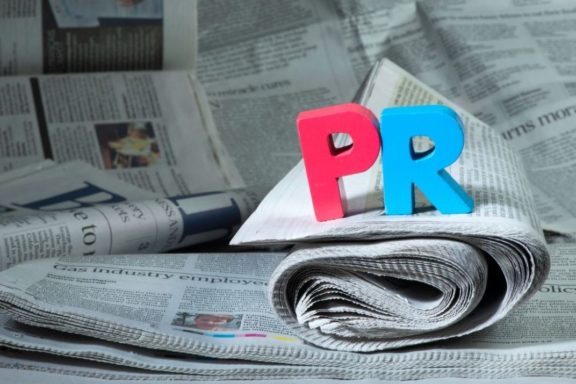The unfolding global COVID-19 crisis is unprecedented in recent history. The news headlines are getting more alarmist, government advice is changing daily and ‘doomsday porn’ is being widely shared on social media.
People are worried about their health, their jobs, and their vulnerable loved ones. It’s a challenging time for businesses large and small who need to rapidly adjust and respond to the escalating events.
As in any crisis, effective communication is key.
Here’s what businesses should be considering when communicating with customers, staff, suppliers and communities during this period of uncertainty.
Tell them what you know
During a crisis, an information vacuum will be filled, and usually with rumours and misinformation. Businesses need to get on the front foot and tell their stakeholders what they know. It might not be much initially, but tell them something.
Identify any areas of concern early, and be open about what you know. Tell staff about what is happening and how the business might respond. Let clients know about your business continuity plan and how you will continue to meet their needs.
It is also vital to be honest about what you don’t yet know, and make a commitment (and stick to it) to keep them informed as new information becomes available.
Tell them what they can do
When people are scared the worst feeling is being powerless. Right now most people are being affected by events that are far beyond their control.
Telling your staff, clients, customers or suppliers what they can do right now, however small, will give them some measure of control. It is far better to provide people with something positive they can do in the current situation than to let doubts fester.
Tell them what it means
In any crisis the temptation to slip into jargon for the sake of brevity can be tempting.
With a situation like the COVID-19 pandemic the public has been bombarded with a raft of scientific and technical terms in a very short space of time, many of them frightening sounding.
Remember that words will have different meaning for different people. A simple word like ‘experimental’ might mean one thing to a scientist, but something different for journalists and average people.
Apply that principle when communicating to your stakeholders. Keep it simple and breakdown the jargon.
Tell them what it means for them
Make sure that your communications are tailored specifically for who you are speaking to. Your staff, clients and customers will want to know how what you are telling them affects them directly.
Be as specific as you can with the information available to you at the time, and commit to providing updates should the situation change.
Also be mindful of how to best reach your valuable stakeholders. For some it may be email, others text message or What’s App. Others via social media or traditional media – or a combination of all of the above. Having multiple touch points with a consistent messaging will also help to keep your stakeholders informed.
Tell them what happens next
In a rapidly developing situation like the COVID-19 outbreak uncertainty and doubt are unavoidable. Businesses can lessen this by letting their stakeholders know what to expect next, or what the business plans to do next.
These plans may have to change if the situation changes. But people will be grateful and more likely to accept bad or unwelcome news if you have been upfront about what to expect in the future.
Businesses will have contingencies in place. Not all of them will be palatable for the audience you a delivering the message to. Have a plan for breaking this news in a way that doesn’t blindside your audience, or leave you contradicting earlier assurances.
In a rapidly changing situation like the COVID-19 pandemic information is changing almost daily. Communicating often and openly with your people, the businesses and communities in which you operate is vital.
This crisis will pass. How you handle yourself now will leave a lasting impression with your stakeholders for when we reach the other side.
Elevate is here to help
Now is the time for businesses to review their communications and issues management plans. Elevate Communication has more than 30 years collective experience managing issues and crisis for clients across range of industries.
For a deep dive into issues and crisis management, listen to the Elevate PR Pod here for our take on risk assessment, planning and communicating during a crisis (please note that this we recorded before the COVID-19 outbreak).
Or book a meeting with Managing Director, Mel Deacon here, to see how we can help.






